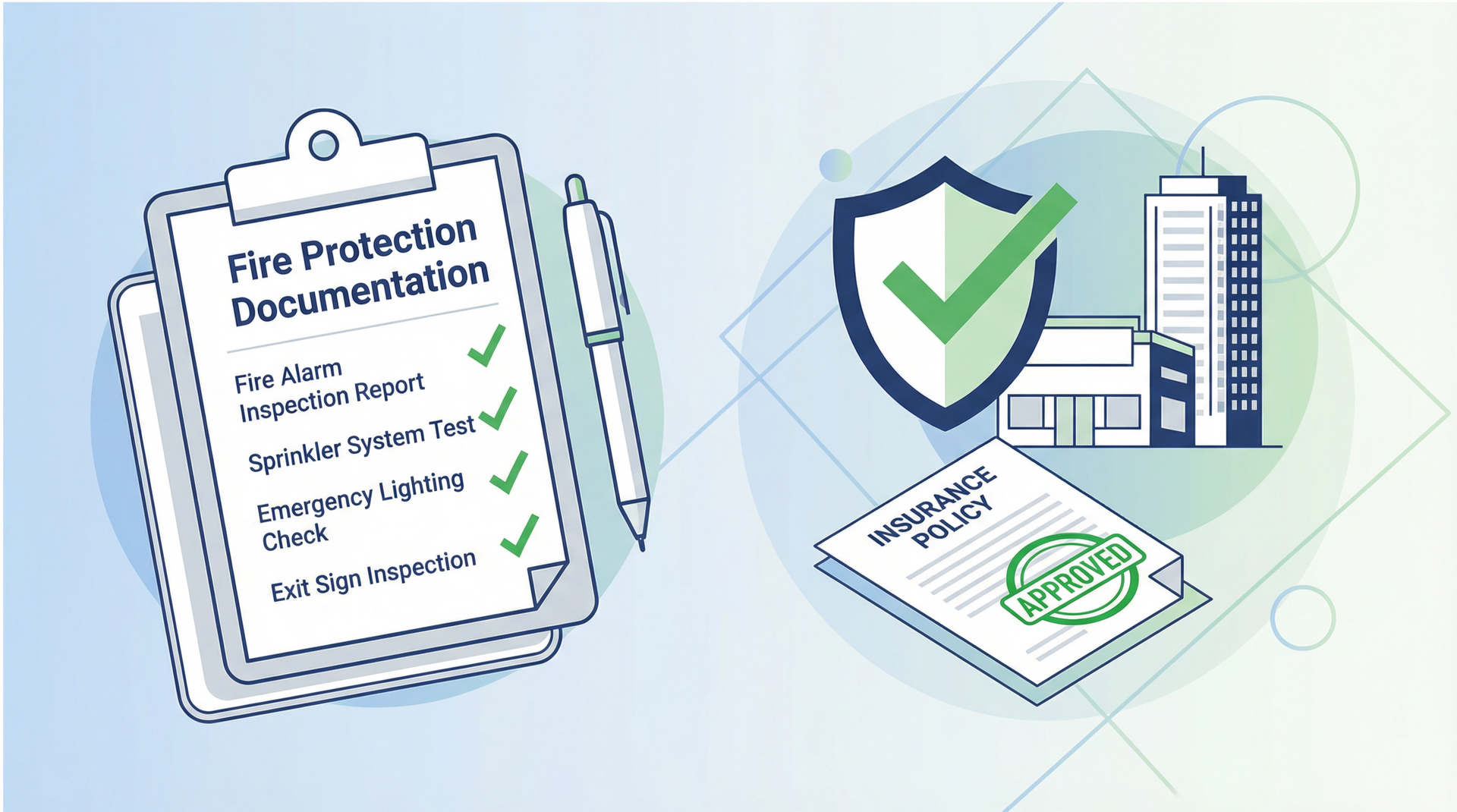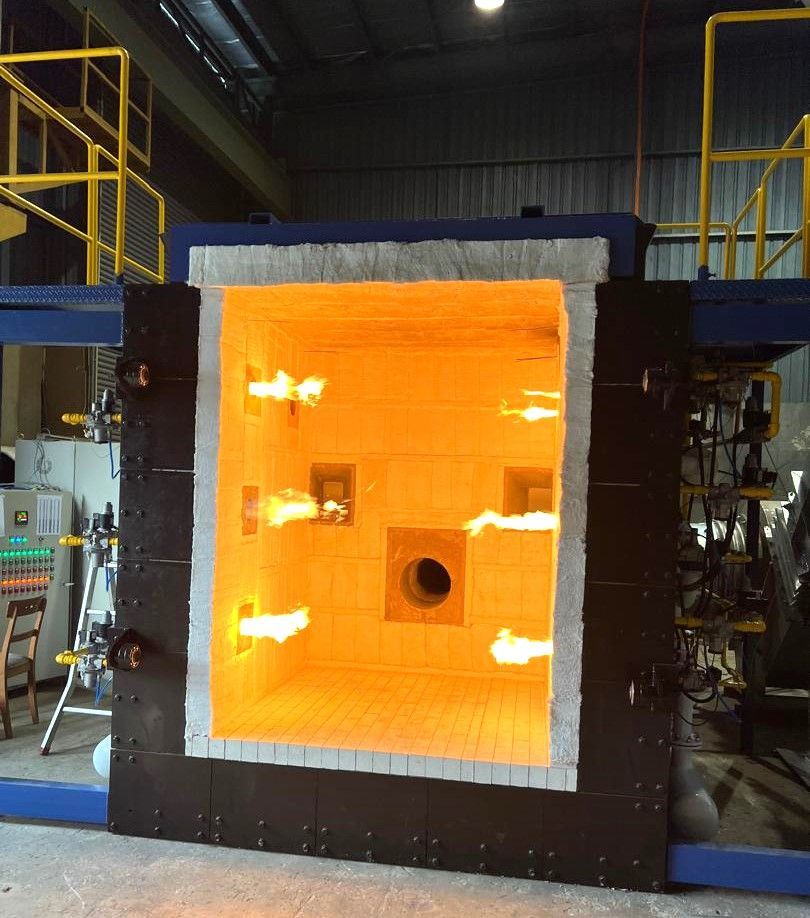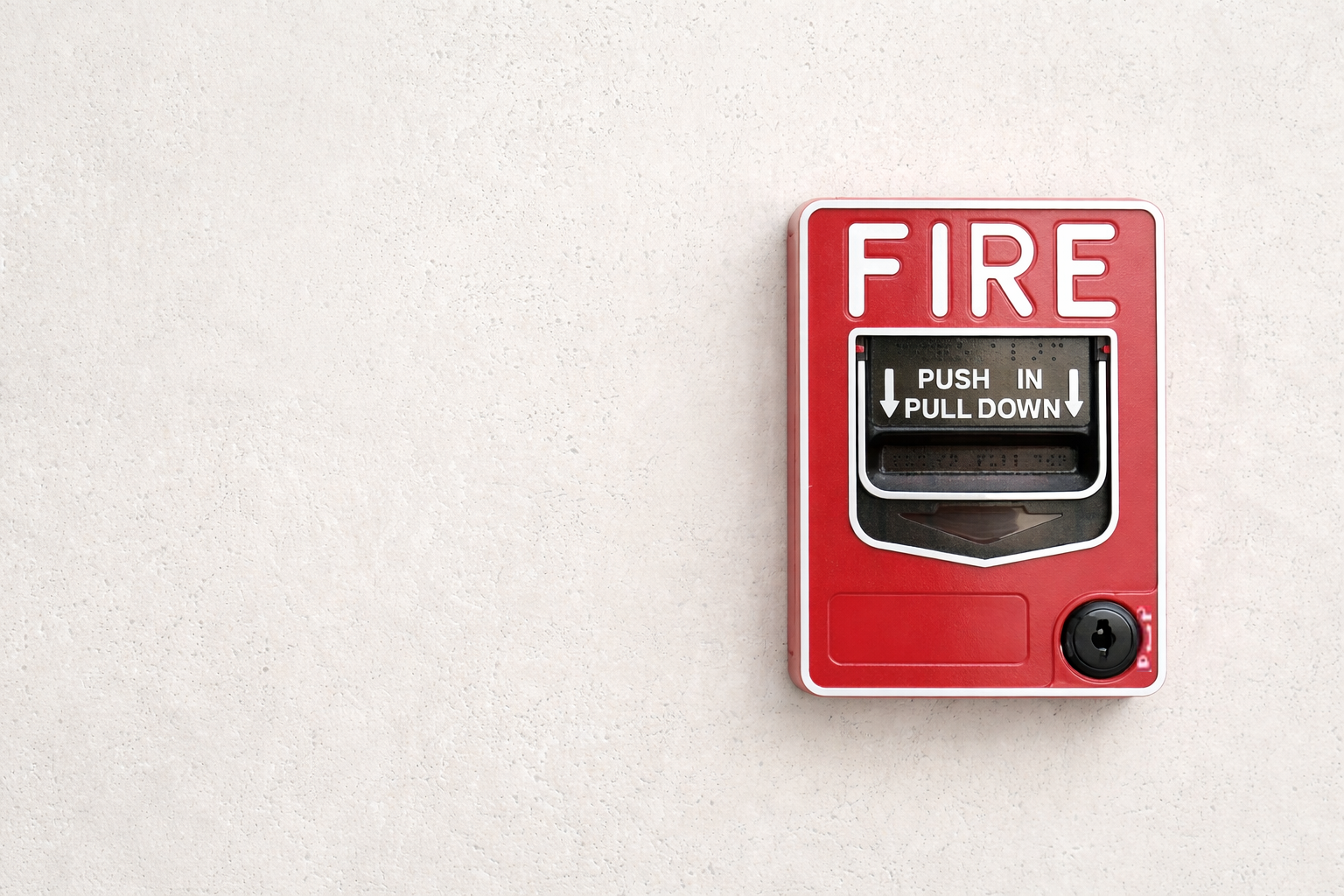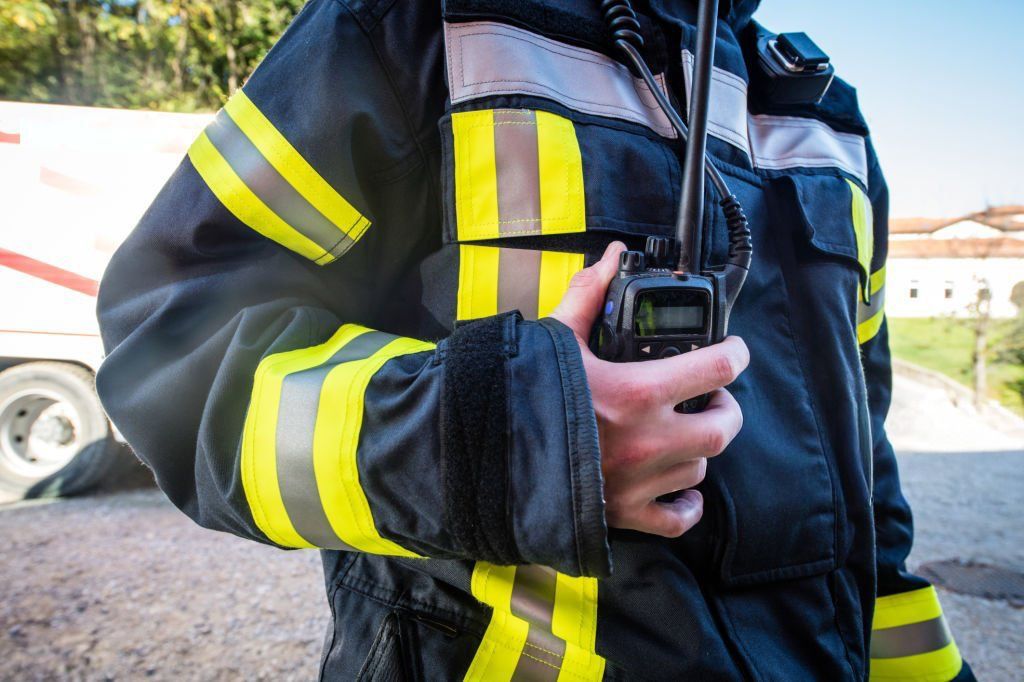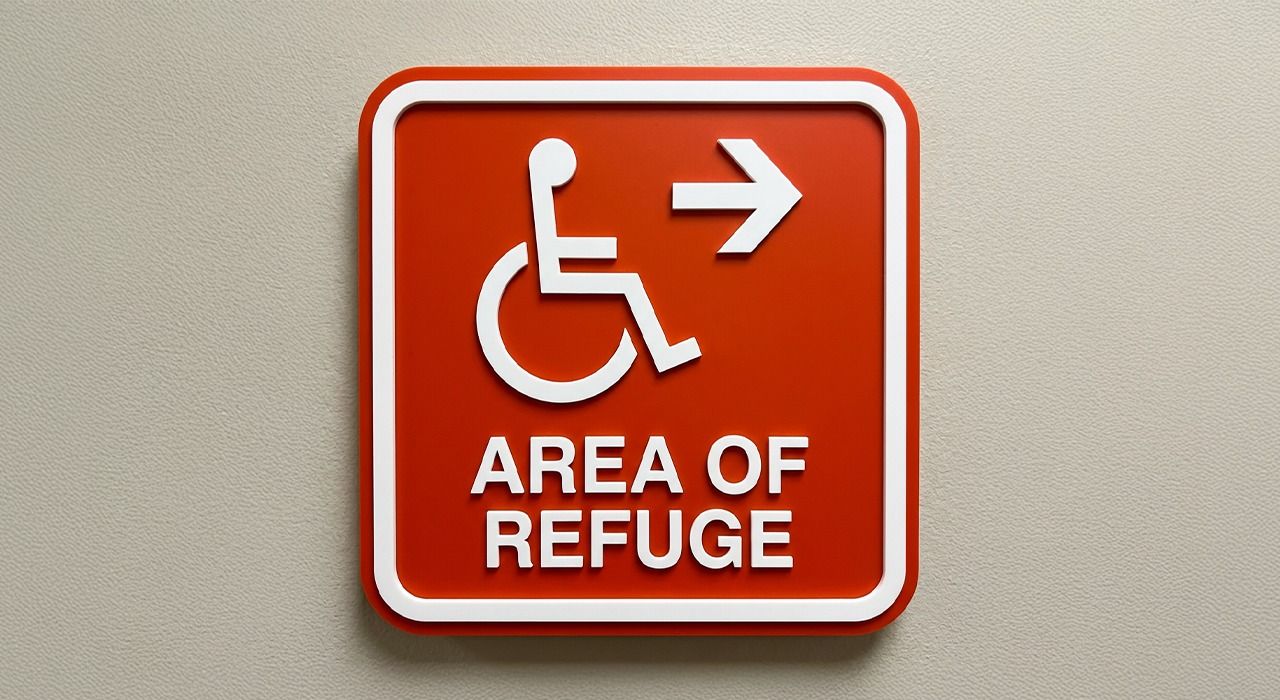Fire Safety Lessons from 2024 - Smarter Moves for 2025
- BioLab Chemical Plant Fire – Conyers, Georgia (September 29, 2024)
- A malfunctioning sprinkler system at the BioLab facility led to a significant chemical fire, releasing toxic smoke and prompting evacuations for over 90,000 residents.
- https://edition.cnn.com/2024/09/29/us/rockdale-county-biolab-fire-georgia/index.html
- California Industrial Collapse (Dec 2024)
- A massive industrial fire in Commerce, California, caused a building collapse and released toxic smoke, raising serious health and safety concerns.
- https://pedramlaw.com/news/12-14-2024-commerce-industrial-fire-causes-building-collapse-toxic-smoke-reported/
- $12M Fine to Dollar General (July 2024)
- Dollar General agreed to pay a $12 million penalty and implement corporate-wide changes to address safety violations, including blocked exits and fire hazards.
- https://www.latimes.com/business/story/2024-07-12/dollar-general-agrees-to-pay-12-million-fine-to-settle-alleged-workplace-safety-violations
- 36,000+ Fire Risks in U.S. Government Buildings (Aug 2024)
- The General Services Administration (GSA) reported a backlog of 36,000 unresolved fire, safety, and health risk conditions across federal buildings, some dating back over a decade.
- https://www.govexec.com/management/2024/08/gsa-has-backlog-36000-open-fire-safety-and-health-risk-conditions-federal-buildings/399169/
❌ Missed inspections
❌ Poor maintenance
❌ No preventive plan
Pain Points for Property Managers and Commercial Building Owners
Managing a commercial property goes far beyond keeping the lights on. You're responsible for safety, compliance, and uninterrupted operations. When fire safety systems fail—or even fall behind on maintenance—it’s not just a minor issue. It can lead to fines, shutdowns, or worse.
Here are the most common pain points property managers face when fire safety isn’t handled proactively:
Compliance Challenges: Keeping up with evolving fire safety regulations and ensuring all systems meet current standards.
Operational Disruptions: Unplanned evacuations or shutdowns due to fire incidents can lead to significant financial losses.
Liability Risks: Negligence in fire safety can result in legal actions, fines, and damage to reputation.
Tenant Safety and Satisfaction: Ensuring the safety of occupants is paramount, and lapses can lead to tenant dissatisfaction or loss.
Proactive Plan of Action for 2025
If 2024 taught us anything, it’s that waiting for a fire incident—or a surprise inspection—is a risk no commercial property can afford. The good news? Most fire safety issues are completely preventable with a clear, consistent plan.
Here’s how you can stay ahead in 2025 and make fire safety a smooth, no-stress part of your building operations:
Regular Inspections: Schedule periodic fire alarm system inspections in line with NFPA 72 standards.
Maintenance Logs: Maintain detailed records of all inspections, tests, and maintenance activities.
Staff Training: Conduct regular fire safety training sessions for staff and occupants.
Emergency Preparedness: Develop and regularly update emergency response plans, including evacuation procedures.
How Fire Testing Solutions (FTS) Can Assist
FTS offers comprehensive fire safety services tailored to commercial properties:
- Expert Inspections: Certified professionals conduct thorough inspections to identify potential hazards.
- Customized Maintenance Plans: Develop maintenance schedules that align with your property's specific needs.
- Compliance Support: Ensure your property meets all local and national fire safety regulations.
- Training Programs: Provide training sessions for staff on fire safety protocols and emergency response.
- Fast Documentation & Repair Quotes: Avoid long delays—FTS delivers timely test reports and actionable repair quotes to help protect you from liability and keep your compliance on track.
Take Action Today
Don't wait for a fire marshal's citation or an emergency to highlight deficiencies in your fire safety systems. Proactive measures can prevent disasters, protect occupants, and save costs in the long run.

